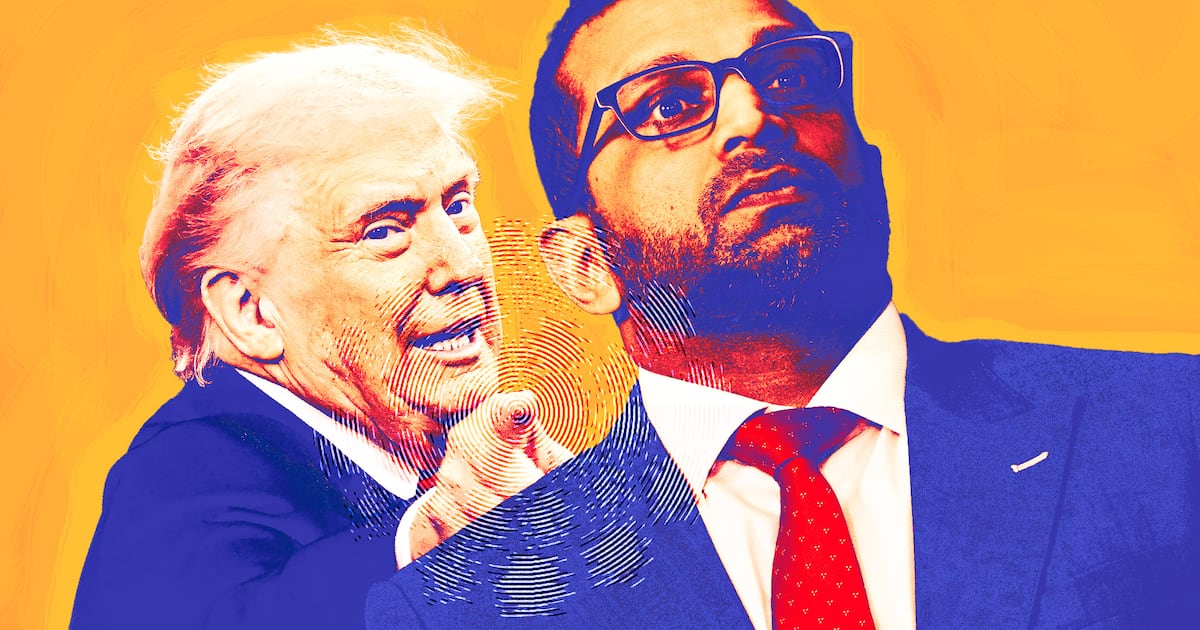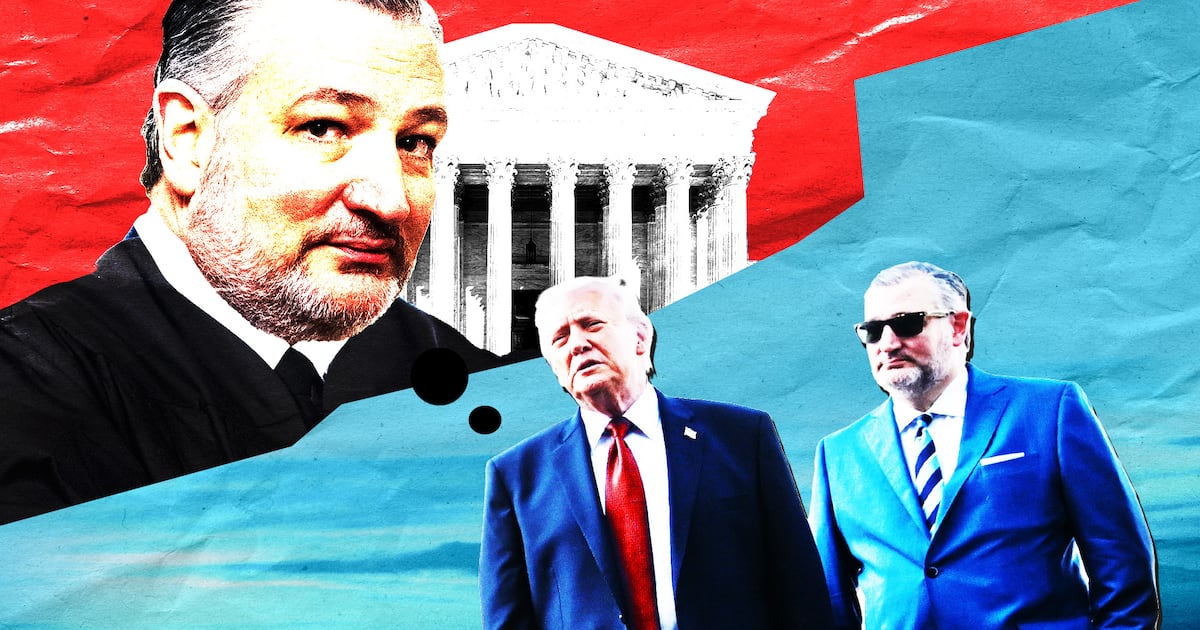If you’re going to create a collection of NFTs to honor a group of people, it might be worth running the idea by them first.
That was the hard lesson learned by a “cryptocurrency media startup” called Itsblockchain this weekend, when it launched and then quickly revoked NFTs for drawings of 46 internet privacy activists.
The collection, called “Cipher Punks,” was meant to honor members of the Cypherpunk movement, who promote cryptography as a way to advance online privacy. The Cypherpunks—who started as a small group of computer scientists that met in San Fransisco in the early 1990s—have been credited as pioneers in the area of internet privacy, as well as the inspiration for blockchain-based technology like bitcoin.
A number of Cypherpunks, however, were shocked to wake up this weekend and find their likenesses had been used in the collection, the creators of which—despite claiming they intended to “honor” those pictured—did not ask their permission for inclusion. (The original collection also spelled several people’s names wrong, and used “cipher” instead of “cypher” for reasons that remain unclear.)
Jillian York, an author and activist who works with the digital rights group Electronic Frontier Foundation, told The Daily Beast she first learned about her inclusion in the collection in a tweet. She quickly fired off a tweet of her own—“I don’t approve of this whatsoever and would like it removed,” she wrote—setting off a cascade of tweets from others in the group asking for their likenesses to be removed from the collection.
“Pro tips for people who want to honor me,” tweeted Eva Galperin, the director of cybersecurity at the Electronic Frontier Foundation, who was also included in the collection. “1. Don't sell something with my face on it without at least making some sort of effort to contact me about it beforehand. 2. Get my name right. 3. Use a cuter photo. 4. Don’t also honor any rapists.” (At least one person included in the collection, Jacob Appelbaum, has been publicly accused of sexual assault. He has denied any wrongdoing.)
Itsblockchain quickly backtracked, tweeting that it would donate half the proceeds from the secondary sale to “open source development and ALS” and reserve one NFT of each cypherpunk as a “gift” to the person who inspired it. It didn’t go over well.
“I don’t want a ‘gift,’” tweeted Matt Blaze, a secure systems researcher and professor at Georgetown Law. “Had you asked my permission to include me, I’d have said no. You are nothing but a lazy, second-rate, disrespectful scammer. Go away.”
The concerns of those included ranged from potential copyright issues—several said their digital renderings were based on existing, copyrighted photographs—to qualms with the medium itself. York, like Galperin, said she resented being included in a collection with men who had been accused of sexual assault. But she also told The Daily Beast she disapproved of NFTs in general—a sentiment shared by several of her fellow punks.
“It's a pure speculation play, and I don't like speculation plays,” Steve Bellovin, a computer networks and security researcher and Columbia University professor who was included in the collection without his consent, told The Daily Beast. “I especially don’t like them when they involve the blockchain, which consumes vast amounts of energy when we're in a climate change crisis.”
As consternation over the collection grew, the creators tweeted that they were pausing the sale; then, three-and-a-half hours later, that they were taking the entire collection down. “We apologise for not seeking consent from Cypherpunks for their likeness,” Itsblockchain tweeted. “It was a stupid move, it won’t happen again.”
The mechanics of the removal should have been simple: Since NFTs are essentially just a receipt of purchase and a link to a URL, all that revoking one requires is taking down the image at that URL. But as takedown requests have become more common—often from artists claiming their work was stolen and sold as NFTs—some sales platforms have made the process more difficult, according to Nicholas Weaver, a computer security researcher and lecturer at the University of California at Berkeley.
Itsblockchain said it asked OpenSea, the sales platform for the Cipher Punks, to take down the collection on Sunday, but received an error message. It wasn't until Tuesday morning that it was fully removed, as first reported by The Verge. In the meantime, another account had already reposted the entire collection and started reselling it under the name of Itsblockchain’s founder. (That collection appeared to have been removed by Tuesday afternoon.)
In a lengthy apology post on Medium on Tuesday, Itsblockchain said it had reported the fraudulent collection, removed all of the original NFTs still in its possession, and offered to buy back the 70 it said had already been sold. Any unclaimed refunds from the sale would be donated in full to WikiLeaks, the company said.
“We want to make sure everyone understands that the Cipher Punks collection is not a cash grab,” the company wrote. “We do not gain anything monetarily. We had good intentions to help spread the story of Cipher Punks. Though this is not what we expected, we have to accept it and move on.”
Along with raising hackers’ hackles, the controversy also set off a debate in the legal community over whether existing publicity and privacy laws applied in this case.
Brian Frye, a University of Kentucky College of Law professor known for selling his law papers as NFTs, argued that the Cypherpunks were essentially niche celebrities, and that making limited-run artwork about them would likely be protected under First Amendment rights.
But Tiffany Li, a technology attorney and professor at University of New Hampshire School of Law, argued that the punks were closer to private citizens, and that the collection constituted a legal “grey area.”
“If my client was someone who was trying to launch an NFT collection based on real people, I would advise them likely don’t do it, or at least get authorization first,” she said, adding that investors in such projects also risked losing their investment if the NFT was revoked.
“If you are someone who’s trying to invest or trying to create an NFT collection, you should probably watch out about this stuff,” she said, “because the legal grey areas might really sink one of these projects.”
While these issues are not new, Li said, they could become more important as NFTs proliferate, and as we as a culture become more comfortable profiting off of our identities. (See: lifestyle influencers profiting their, well, lifestyles; and everyone’s sudden obsession with creating a “personal brand.”)
“There’s a trend of trying to monetize identity,” Li said, “and maybe NFTs can be part of that trend.”
“But the existing legal issues are not that new,” she added. “They are existing issues with existing law; it’s just a matter of applying old laws to the new tech.”







